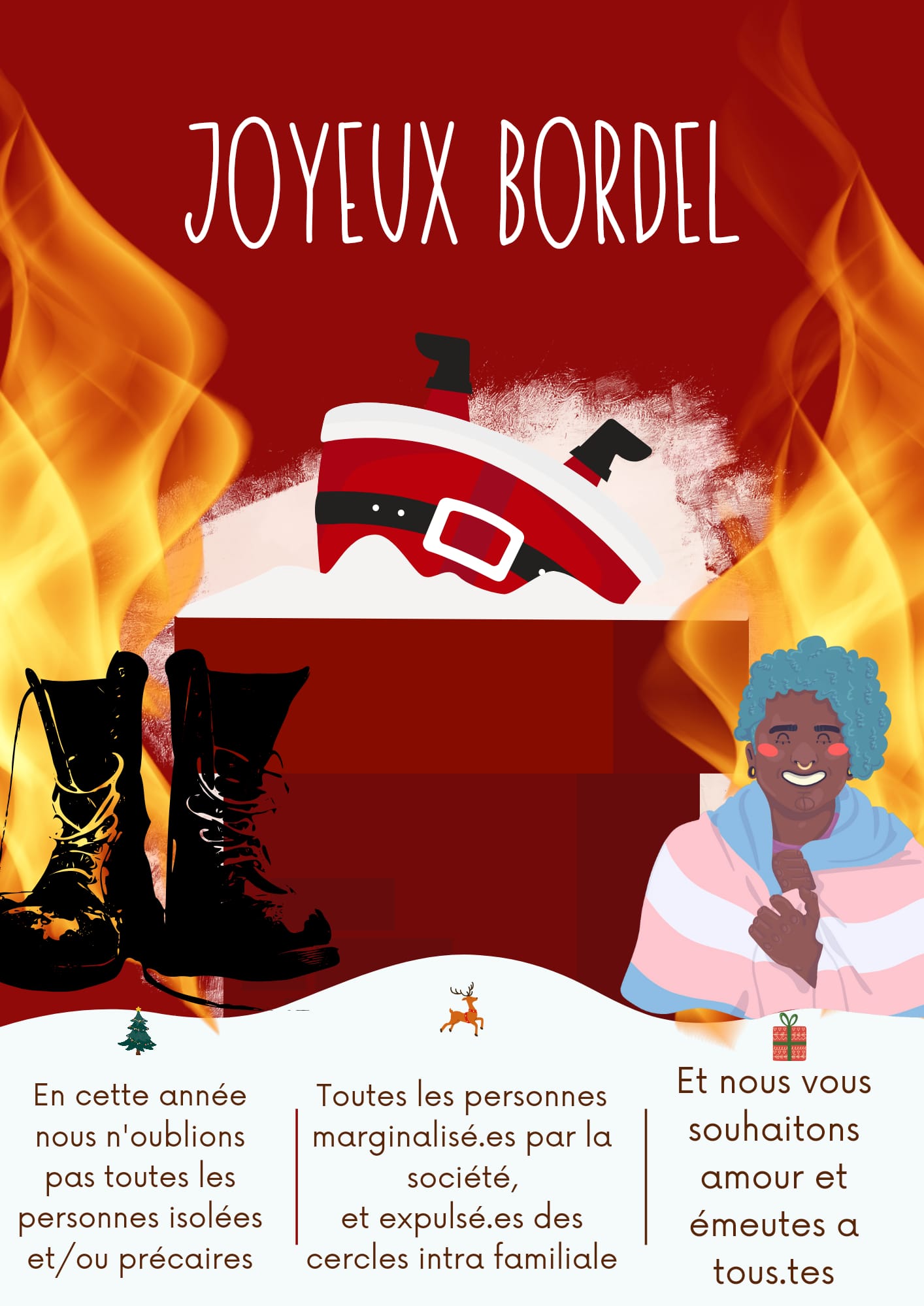Regarding the Author and This Document
This document was written out of a profound sense of responsibility and commitment to addressing the ongoing humanitarian and political crisis in Gaza. I, Lee Mordechai, a historian working at an Israeli university and an Israeli citizen, wrote it by drawing on my professional expertise and moral obligation to examine and document the unfolding events. Based on my experience conducting rigorous research and critical analysis, I have undertaken this work as both a citizen compelled to respond to the actions of his government and an academic determined to uphold human rights and ethical principles.
The creation of this document stems from a belief that silence in the face of injustice is unacceptable. In an atmosphere where dissenting voices are rare, this work seeks to bear witness to the immense suffering on the ground and to offer an account grounded in evidence and transparency, to the best of my ability. It reflects my conviction in synthesizing scholarly rigor and ethical responsibility when addressing events of such profound consequences for the present and future between the river and the sea.
Structured as both a public statement and an archive, this document aims to make sense of a deeply complex and troubling situation. It compiles evidence from reliable sources, including humanitarian organizations, investigative reports, and firsthand accounts, to provide a nuanced understanding of the war’s impact. At its core, this is an attempt to preserve a record for those who seek clarity and insight amidst the conflicting narratives in public discourse.
Written in a measured and factual tone, the document avoids emotional language, instead allowing the evidence to speak for itself. With this document I hope to contribute meaningfully to public discourse on this conflict and encourage readers to engage thoughtfully with its human and historical dimensions.
This work is an act of bearing witness—a reflection of my commitment to justice, accountability, and the ethical responsibility of ensuring that such stories are told and preserved. I invite readers to critically examine the evidence and consider the moral and political questions the current situation raises.

Couscous tajine le sang (´・ᴗ・ ` )